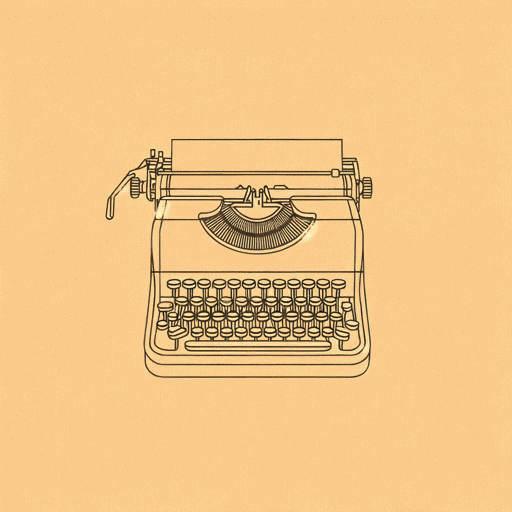32 pages • 1 hour read
Lorrie MooreHow to Become a Writer
Fiction | Short Story | Adult | Published in 2015A modern alternative to SparkNotes and CliffsNotes, SuperSummary offers high-quality Study Guides with detailed chapter summaries and analysis of major themes, characters, and more.
Summary and Study Guide
Summary: “How to Become a Writer”
Content Warning: The source text includes stigmatized language to refer to disability. This guide uses this language only in quoted material.
“How to Become a Writer” by contemporary American author Lorrie Moore is a short story that utilizes everyday Realism within a second-person “how-to” point of view to explore themes of Identity Through Purpose, Sex Versus Romantic Love and Pain and Suffering of the Artist. These themes run through Moore’s body of work. First published as part of her debut story collection, Self Help, in March 1985, “How to Become a Writer” follows the life of aspiring writer Francie from her teenaged to her middle-aged years. She both laments her writerly life and finds solace in it.
Self Help launched Moore’s career, surprising critics with its acute attention to detail and its parody of the widespread self-help industry. Self Help was quickly followed by an experimental novel, Anagrams. Moore has written 12 books over a well-regarded career of more than 40 years and her work explores the lives of women and mothers in modern America. Her best-known book, Birds of America, was the winner of the Irish Times international fiction prize.
This guide refers to the free online version of the text made available by the Creative Writing and Literature Department of Santa Fe University of Art and Design. Citations throughout refer to paragraph numbers online.
“How to Become a Writer” tells the story of aspiring writer Francie as she struggles to improve her work and gain legitimacy from readers. The story is framed as advice to Francie; the unnamed narrator may be an older version of Francie writing to her younger self, or another imagined person. In the first lines, Francie is ironically told by the narrator to “be something, anything, else. A movie star / astronaut. A movie star / missionary,” (1) rather than devote herself to a lifetime of disillusionment and solitude as a writer.
The narrator then advises Francie to show her writing to her mother. The mother is unresponsive, and instead of complimenting or encouraging her daughter, she tells Francie to unload the dishwasher. In response, the narrator tells Francie to break a glass, symbolizing the discomfort and suffering to come in the life of a writer.
The story continues with Francie writing and turning in a short story in her high school English class. She enjoys the freedom of fiction, a form of writing—unlike poetry—that doesn’t require close attention to syllables. Her teacher, Mr. Killian, comments that she uses nice imagery but insults her plot. Underneath his comments, she writes, “Plots are for dead people, pore-face” (2).
Francie applies to college as a child psychology major, accidentally landing in a creative writing class by some computer error at the registrar’s office. She stays in the class. When she writes a story in which a couple is electrocuted by a desk lamp, her teacher notes that her writing is “smooth and energetic,” but that she has a “ludicrous notion of plot” (8). Despite the fact that no one praises her stories, she continues to write them, including increasingly ridiculous plots.
Francie changes majors to creative writing. She loses weight and becomes “slouched and demoralized,” yet she cannot give up writing because the only happiness she finds is writing alone in her room in the middle of the night.
The next semester Francie is told to write on personal experiences. She decides to write stories centering on three real events that happened to her recently: losing her virginity, her parents’ divorce, and her brother returning from Vietnam having lost a leg in the war. She can write about each of these except her brother, as she can find no words to articulate his loss.
At parties, Francie is asked why she writes or what she writes about. She can only say that she is interested in syllables, although her roommate responds that Francie always writes about her boyfriend.
When her newly divorced mother visits, she gives Francie a book about how to become a business executive and reminds her that she had once planned to become a child psychologist. Francie refuses to give up writing.
In a flash forward, the next section of the story jumps to a future in which Francie is working on a novel and eavesdropping on personal and intimate conversations for material, losing her friends, and even, her “balance.” Instead of dating good men, she instead dates men interested in her for sex, which the narrator says will be good for Francie’s writing, if not good for her self-worth.
In the last few paragraphs, Francie, having come to terms with her existence as a writer and devoting herself fully to it, sees connections to language in her mundane surroundings, like the coleslaw at Howard Johnson’s and in a date’s face.
The story closes with Francie sitting across from an uninteresting date. When she tells him her feelings about being a writer, he’s not sure what to say.
Related Titles
By Lorrie Moore


